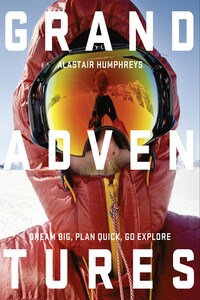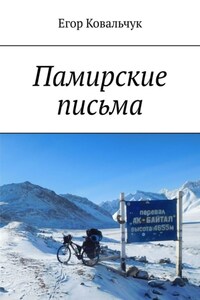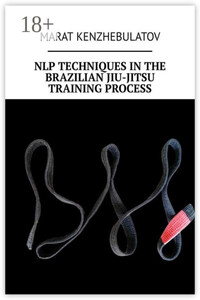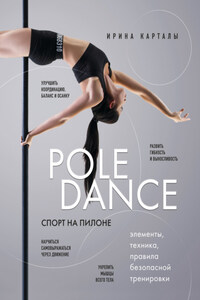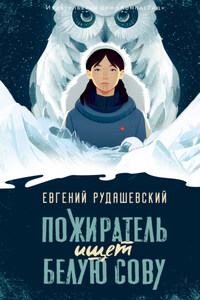COPYRIGHT
William Collins
An imprint of HarperCollinsPublishers 1 London Bridge Street London SE1 9GF
WilliamCollinsBooks.com
This eBook edition published by William Collins in 2016
Text © Alastair Humphreys, 2016
The author asserts the moral right to be identified as the author of this work.
Cover photograph © Alastair Humphreys
Cover design by This Side
A catalogue record for this book is available from the British Library.
All rights reserved under International and Pan-American Copyright Conventions. By payment of the required fees, you have been granted the non-exclusive, non-transferable right to access and read the text of this eBook on-screen. No part of this text may be reproduced, transmitted, downloaded, decompiled, reverse engineered, or stored in or introduced into any information storage and retrieval system, in any form or by any means, whether electronic or mechanical, now known or hereinafter invented, without the express written permission of HarperCollins Publishers.
Source ISBN: 9780008129347
Ebook Edition © March 2016 ISBN: 9780008131944
Version: 2016-03-03
INTRODUCTION
Everyone loves adventure. Bookshops have bulging travel sections. Adventure film festivals are springing up all over the world. The web groans with exciting expedition blogs. I love adventure so much that I turned it into my job. I am a professional adventurer. It says as much on my business card, so it must be true. (Never mind that I made them myself in one of my many procrastinating-from-book-writing mornings.) I write books, give talks and make films about the adventures I’ve done, such as cycling round the world, crossing oceans or staggering through the heat of deserts. Enough people enjoy hearing these stories for me to earn a living from them. This means that more people read about adventures than go on big trips themselves. But this book aims to help you realise that grand adventures are within your grasp, that you can begin taking the steps necessary to make them happen for you, too. Why settle for reading about adventures when you could be out in the wild doing them yourself?
‘Why settle for reading about adventures when you could be out in the wild doing them yourself?’
Many of my friends are also adventurers. They’ve climbed great mountains, trekked to the Poles, exciting stuff like that. These are special experiences. I love sitting in the pub with my adventurous friends, listening to increasingly far-fetched tales as last orders approaches. But here’s an important thing: I know these guys and girls well enough to see that they are not particularly special people. They are ordinary people, but they do things that many people deem to be more than ordinary, even extra-ordinary. Being an adventurer is not a genetic gift. I know, for example, that I certainly am not brave, strong or athletic, yet I claim to be an adventurer. Usain Bolt was born fast. Albert Einstein was born brainy. Living adventurously, however, is nothing more than a choice.
© Archie Leeming
When I left university I made the choice to make the best I could of my abilities and resources and see how far I could ride my bike. I didn’t have a fancy bike. I didn’t ride fast. I didn’t spend much money. I got lost a lot. I napped under trees. I carried a bicycle repair book because I had little idea about bottom brackets or rear derailleurs. And yet I eventually succeeded in cycling the whole way round the world. I spent £7000 on the four-year trip. I did not choose to do it on such a shoestring: it’s just that this was the sum total of my worldly wealth. I preferred to get going and make it happen rather than saving and saving and never beginning. Four years of banana sandwiches was a small price to pay for eking out my money into so many memories.
When people dream of adventure they are generally not discouraged by the difficulties of the journey itself. Extremes of heat and cold; basic and uncomfortable conditions; the physical and mental struggle: these are actually often part of the appeal! The struggle, many of us feel, is preferable to boring routine.
So what is it that actually gets in the way, if not the hazards of the wild? Why do lots of people long for adventure and enjoy reading about it but not many actually get out there and do it?
I didn’t think that it could be explained by a lack of practical skills, fitness or equipment. It’s not as concrete as that. I guessed that what inhibits most people are the mental barriers in their head: it’s too hard, too scary, too uncertain…
Through my blog, I decided to ask what it was that stood between people and the adventures they dreamed of. From around 2,000 responses, here are the most common issues:
